Harvard roles a step on Jacinda Ardern’s road to global leadership
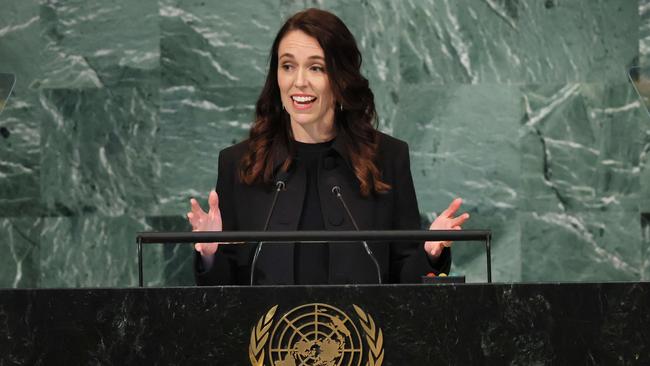
But the tank is replenishing, for since leaving office Ardern – who led her country from 2017 to 2023 – has moved with alacrity to seize a slew of global-facing opportunities that will her burnish her already strong resume and allow her to continue to stride the wider stage.
She is, by happenstance or design, claiming a new role as a post-political, progressive internationalist of standing. It is a career move that will surprise few.
Ardern’s latest calling came from Harvard University, which last month announced that the former prime minister would temporarily join its ranks later this year. There she will spend one semester studying and speaking about leadership and digital policy, with a focus on online extremism, before returning to New Zealand.
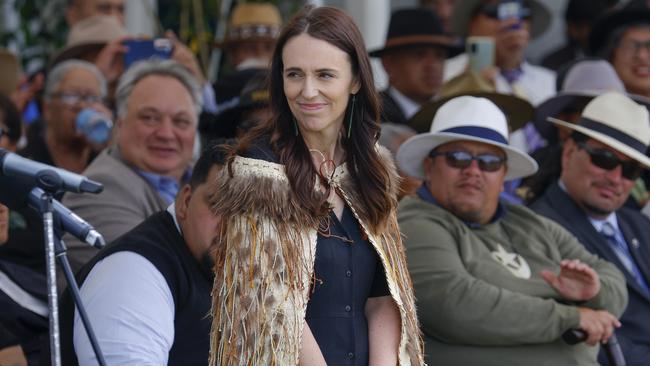
Specific dates for Ardern’s Harvard sojourn have not yet been announced, but she is expected to be away from New Zealand for its October 14 general election.
During her time at the prestigious Massachusetts-based institution, Ardern will wear many name tags: Angelopoulos Global Public Leaders Fellow; Hauser Leader in the Kennedy School’s Center for Public Leadership, and the inaugural tech governance leadership fellow at Harvard Law School’s Berkman Klein Center for Internet & Society.
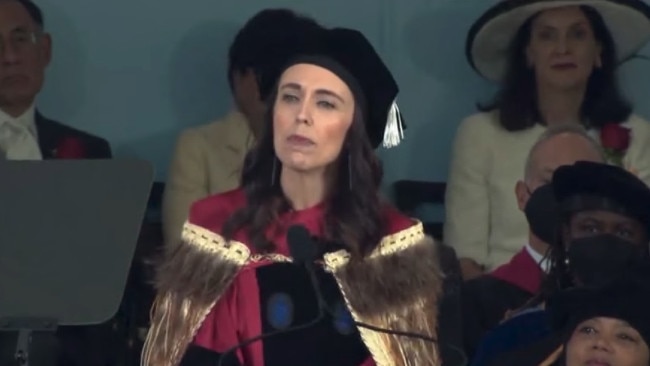
Scholarly advancement and elite networking opportunities aside, Harvard fellowships are famously used as holding pens for many out-of-office but still ambitious politicians and policymakers until they rotate back into positions of power in governments and global institutions around the world.
Ardern has a warm history with Harvard. In 2020, the university bestowed her with an international activist award. Two years later, she delivered Harvard’s high-profile commencement address, during which she asserted that the use of social media by extremists must be brought to heel to protect our democracies.
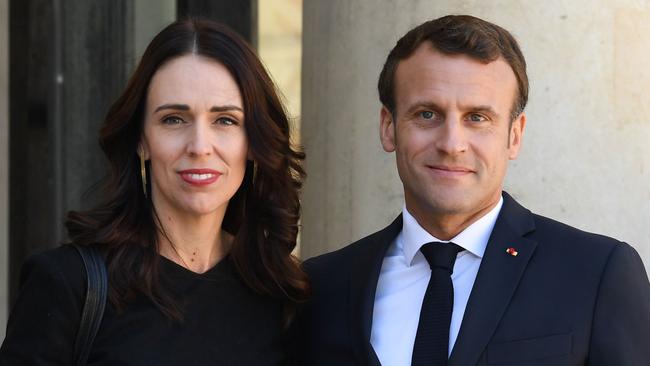
Also in April, Ardern was appointed as Special Envoy for the ‘Christchurch Call’ initiative, further affirming her leadership in tackling the global threat of online extremism.
Shoulder tapped by Chris Hipkins, her successor as prime minister, Ms Ardern now becomes New Zealand’s senior representative on the very initiative she established with French President Emmanuel Macron in the aftershock of the March 2019 mosque attacks in Christchurch. The Christchurch Call aims to bring technology companies and countries together to arrest the spread of extremist content.
In that same busy month, Ardern was also elevated to the board of trustees for the Prince of Wales’ environment award, The Earthshot Prize. Over the years, Ardern has built a close relationship with Prince William. His award funds projects that advance sustainable and environmental solutions around the globe. Her new role is in keeping with both Ardern’s and New Zealand’s heritage of environment protection around the globe.
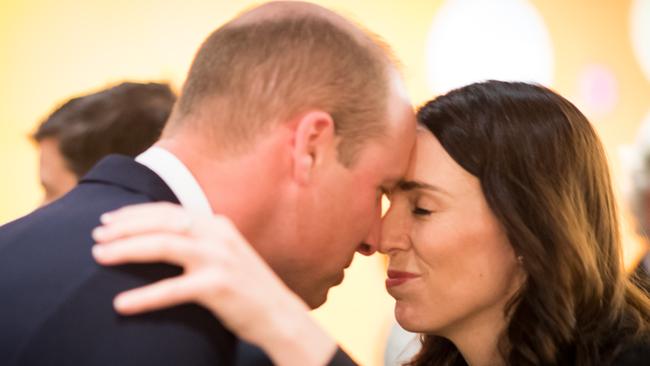
Indeed by plotting her future, Ardern is leveraging not just her own brand of leadership – heavily imbued with empathy, goodwill and collaboration – but also that of New Zealand – as a good global citizen and committed advocate of the multilateral system – for the greater good of causes, but also for herself, quite naturally.
At age 42, Ardern has many more working years in reserve and time on hand to craft a successful and influential new career on the global stage. She readily admits not to harbour thoughts of returning to politics. On resigning her premiership, speculation was rife that she will inevitably take up an important international role akin to her another former Labour prime minister, Helen Clark. Shortly after losing the 2008 general election, Clark – a political hero of Ardern’s – was unveiled as the new Administrator of the United Nations Development Programme, a position she held from 2009 to 2017.
Arguably, the international community’s senior position remains United Nations Secretary-General.
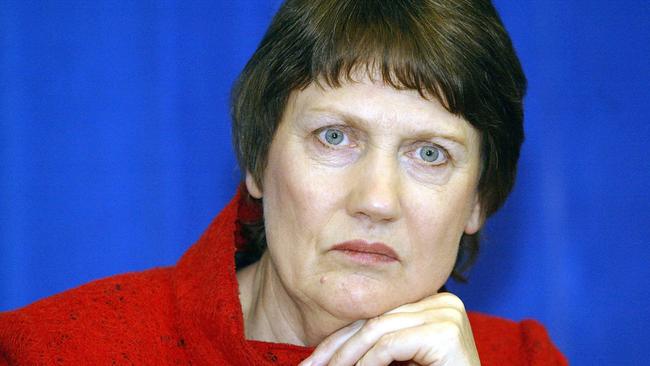
Despite past elections for the role being influenced by the idea of a ‘regional rotation’, Australasia has never had a representative claim the title in the 77 years since the first UN chief was elected.
Against this backdrop, Clark sought the top UN job in 2016 as did former Australian Labor prime minister Kevin Rudd, himself a former Harvard Fellow. While the former enjoyed the backing of her government, Clark’s campaign fizzled early after alienating some voters and falling to win critical UN Security Council support. The latter was controversially denied the endorsement of his government, dooming Rudd’s candidacy before it really even started.
But in Ardern, the charming and globally popular former leader might just be the strongest regional prospect yet to lead the UN in the future. Her long audition for the role may have already begun.

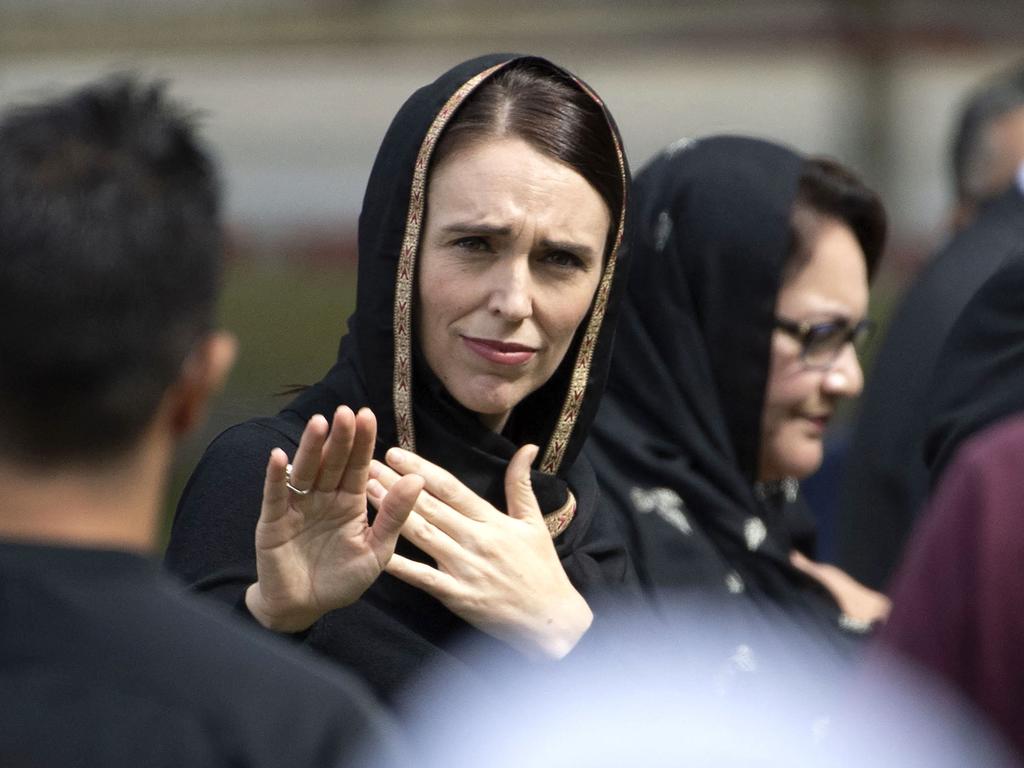
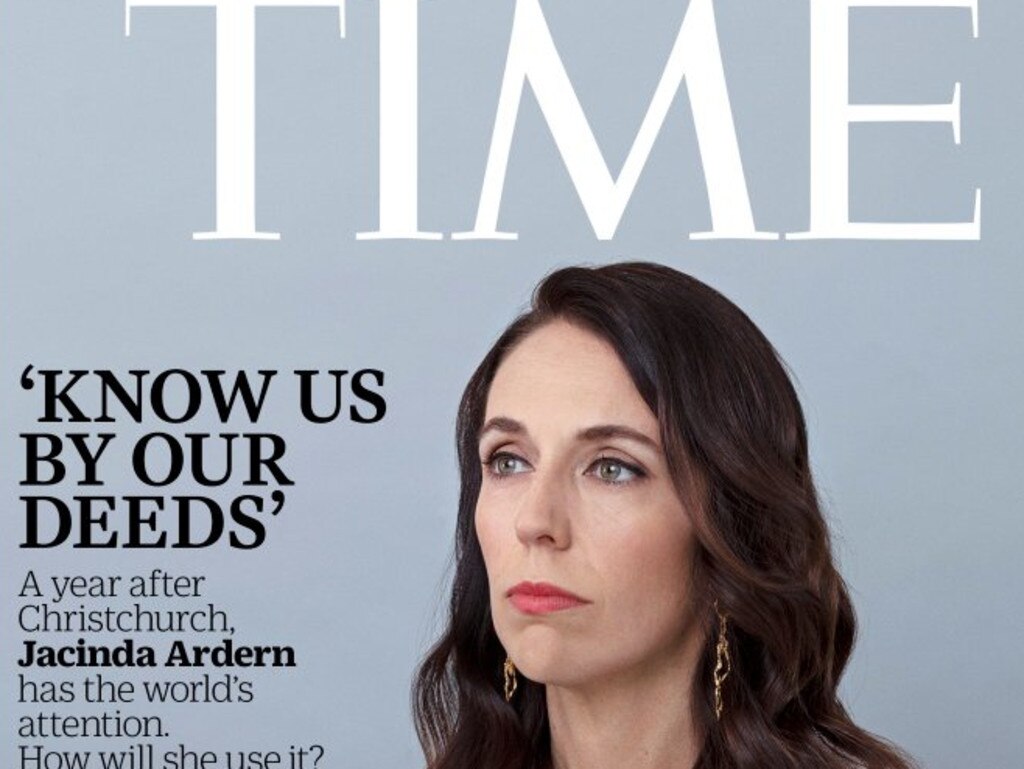

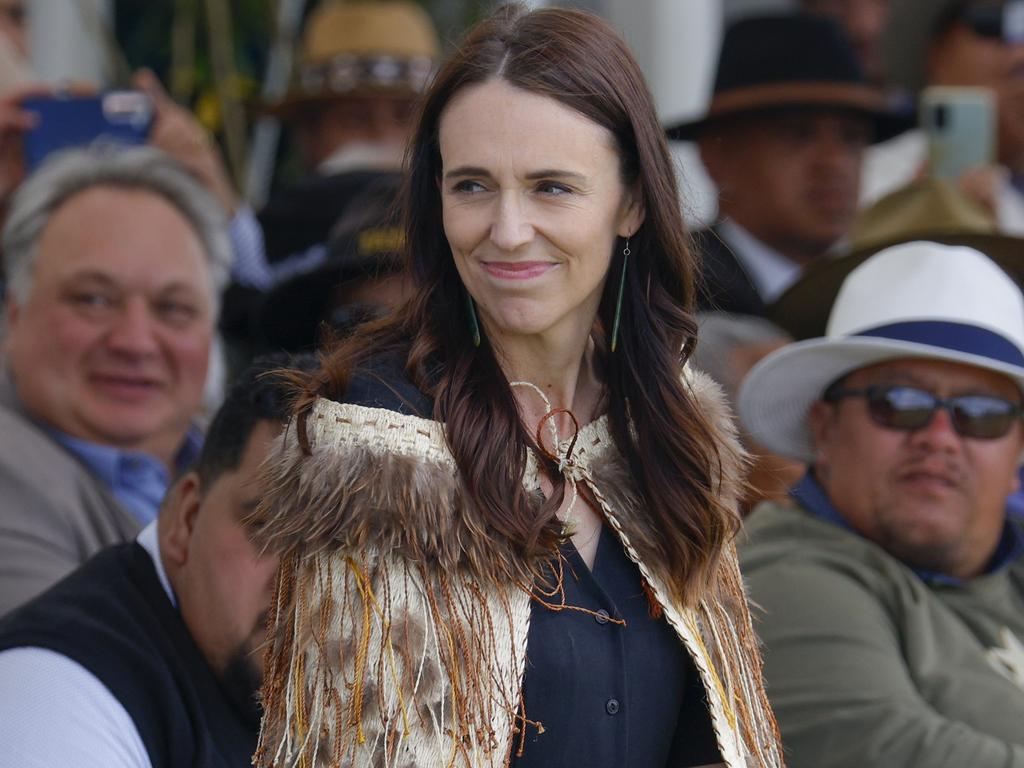
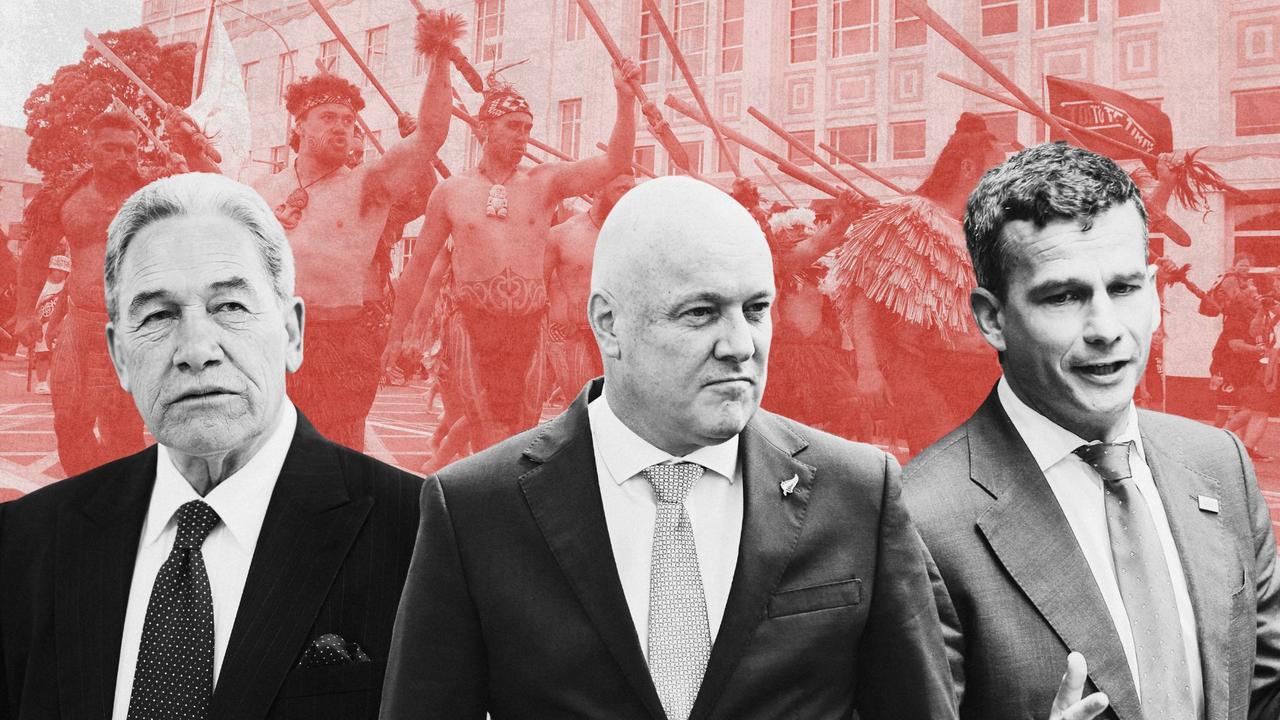
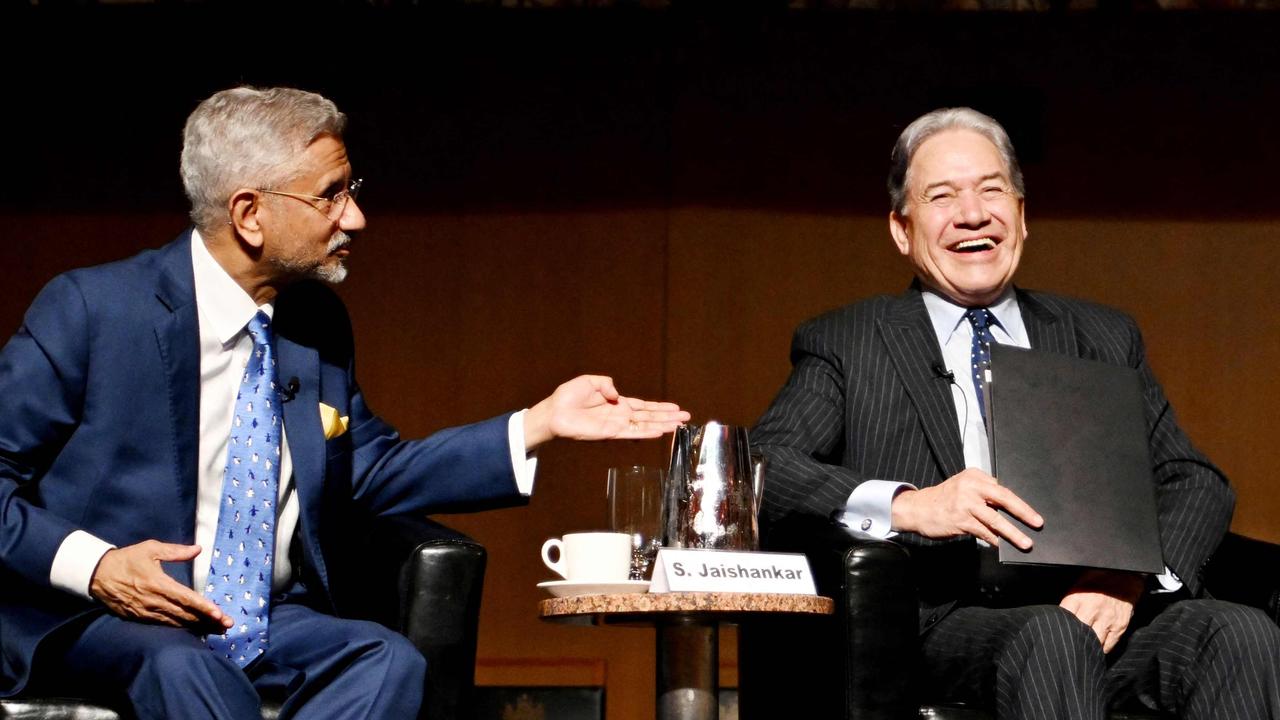
When former New Zealand prime minister Jacinda Ardern unexpectedly resigned her premiership in January, she said there was “no longer enough in the tank to do the job justice.”